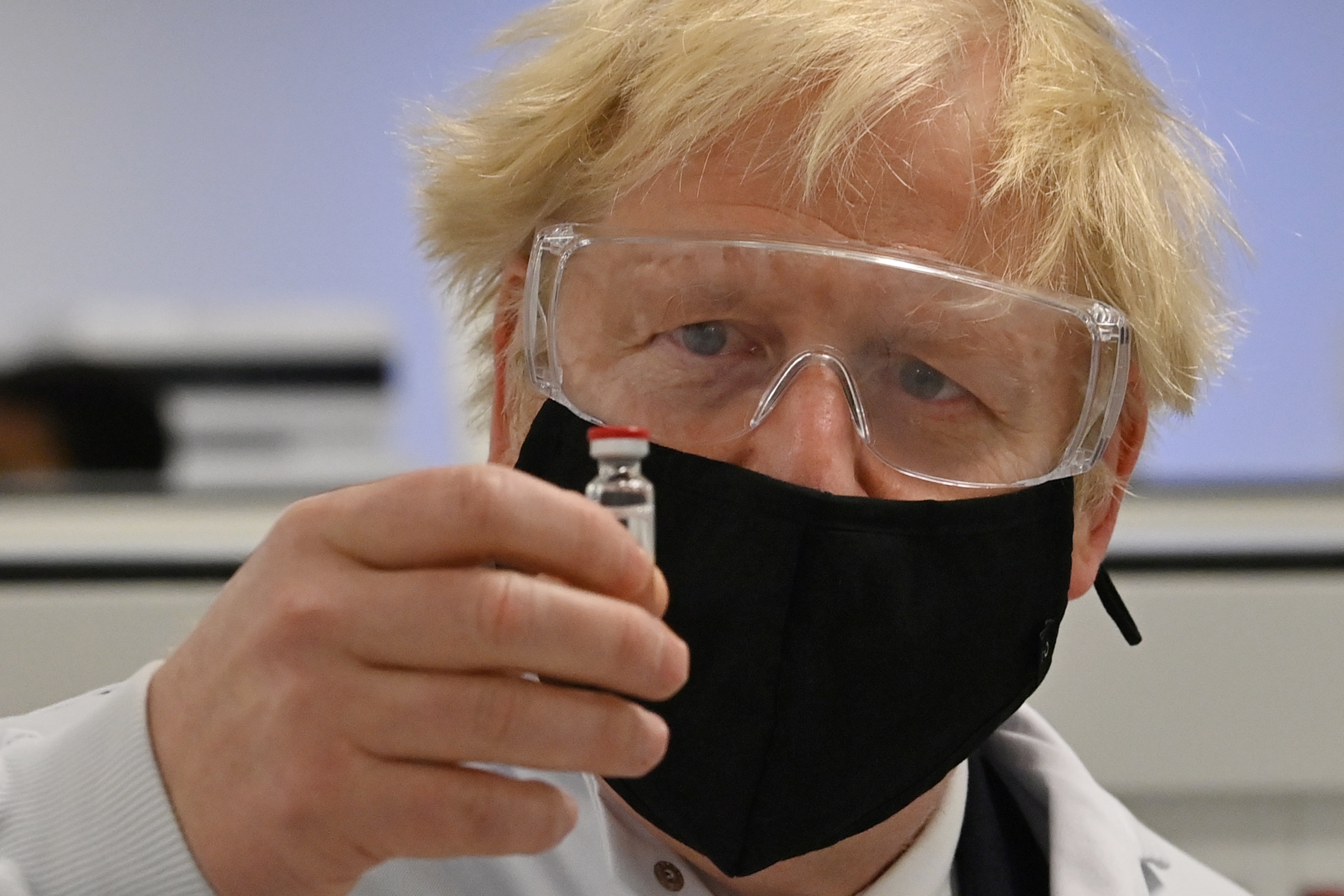Is the government’s coronavirus strategy working?
The findings of a new study should provide welcome relief for the government, Andrew Grice explains. But for Boris Johnson, even good news can quickly turn into bad news


A new study suggesting the number of coronavirus infections has fallen by almost a third during the lockdown in England has raised hopes that the second wave of the pandemic is being brought under control.
The React survey of 105,000 people by Imperial College, London, and pollsters Ipsos Mori showed a 30 per cent drop in cases between 13 and 24 November, with big falls in the northwest and northeast.
Yet the findings are a mixed blessing for ministers. The timing was hardly helpful, coming as Boris Johnson tries to limit the size of a Commons rebellion by Conservative MPs on Tuesday against the three-tier system of restrictions that will replace the lockdown on Wednesday.
His Tory critics view such studies as propaganda aimed at persuading them to support draconian curbs. They question Mr Johnson’s claim, made during a visit to Wales on Monday, that “the disease was climbing pretty steeply” when England went into lockdown on 5 November, and the health secretary Matt Hancock’s assertion that “the national restrictions have brought down cases by a third”. Indeed, rebel Tories argue the Imperial study suggests the previous tiered system was working before the lockdown, which might therefore not have been necessary after all.
The 70-strong Covid Recovery Group of lockdown sceptics also sees the findings as evidence that the regime due to take effect on Wednesday is tougher than needed. For example, some parts of the north in tier 3 could already be moved into the less restrictive tier 2. In contrast, ministers argue that despite the “huge achievements” highlighted by the Imperial study, now is not the time to ease the curbs. As Mr Johnson put it: “We cannot afford to take our foot off the throat of the beast.”
Ministers and their scientific advisers are anxious to limit the spread of the virus in the next few weeks because the five-day relaxation over Christmas might push up infections. They are repeating their warnings that the NHS could be overwhelmed this winter without tough restrictions. Such arguments cut little ice with the Tory rebels, who point to “horror stories” from scientists about 4,000 deaths and 50,000 new cases a day which did not materialise.
In the time of coronavirus, even good news for Mr Johnson can sometimes turn into bad news.


Join our commenting forum
Join thought-provoking conversations, follow other Independent readers and see their replies
Comments